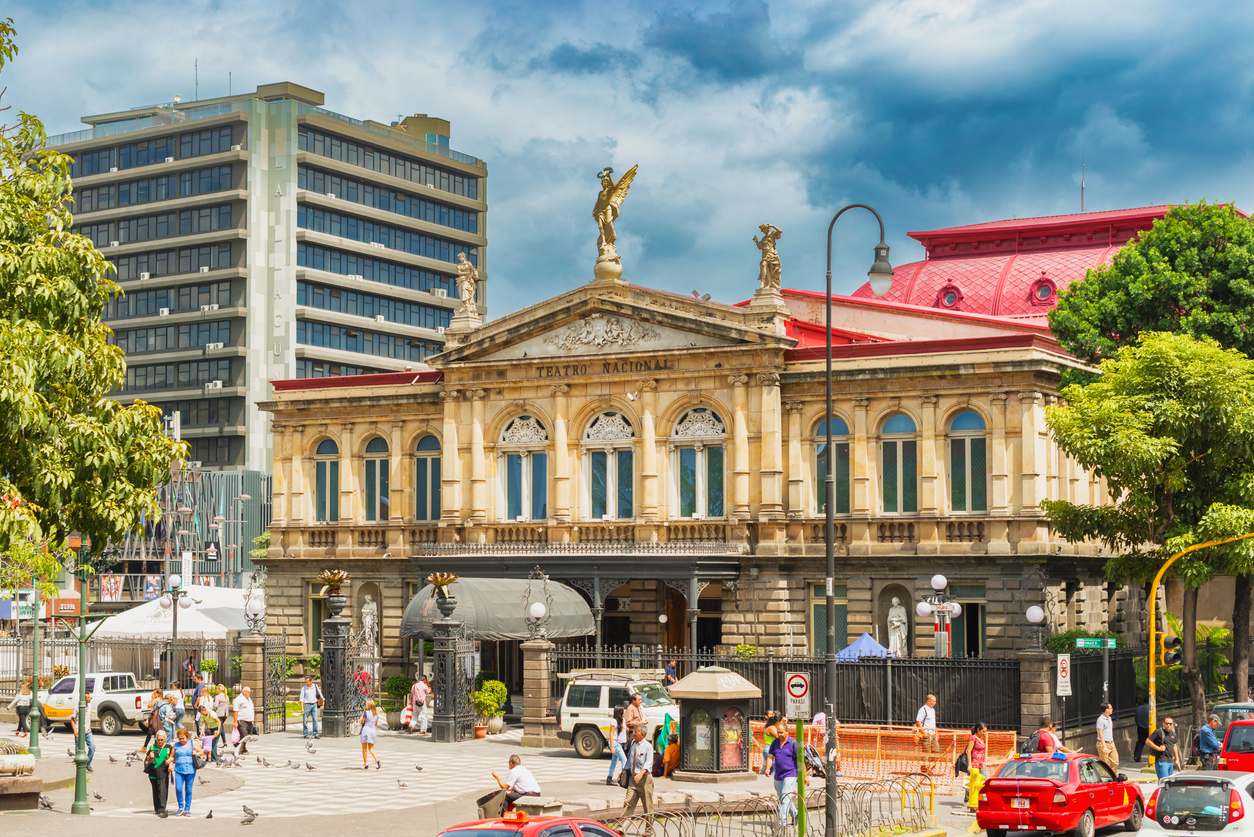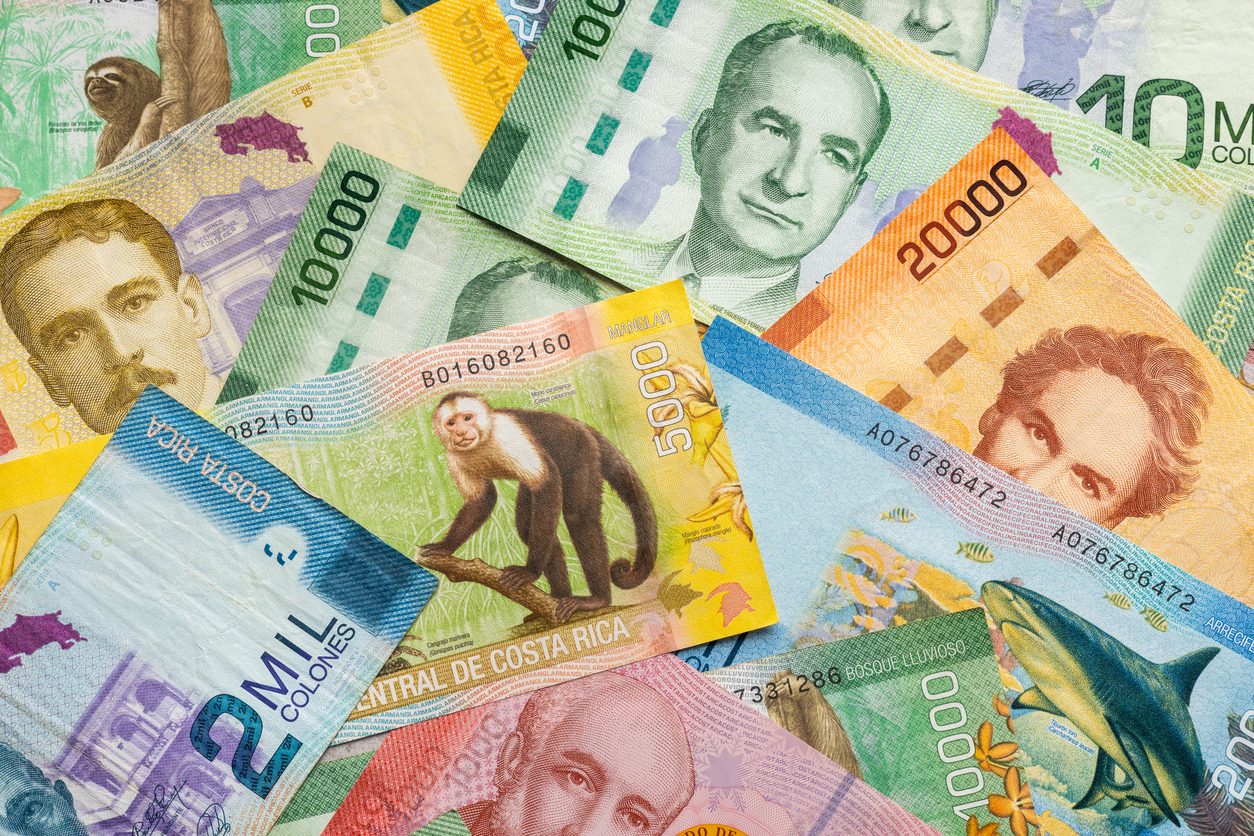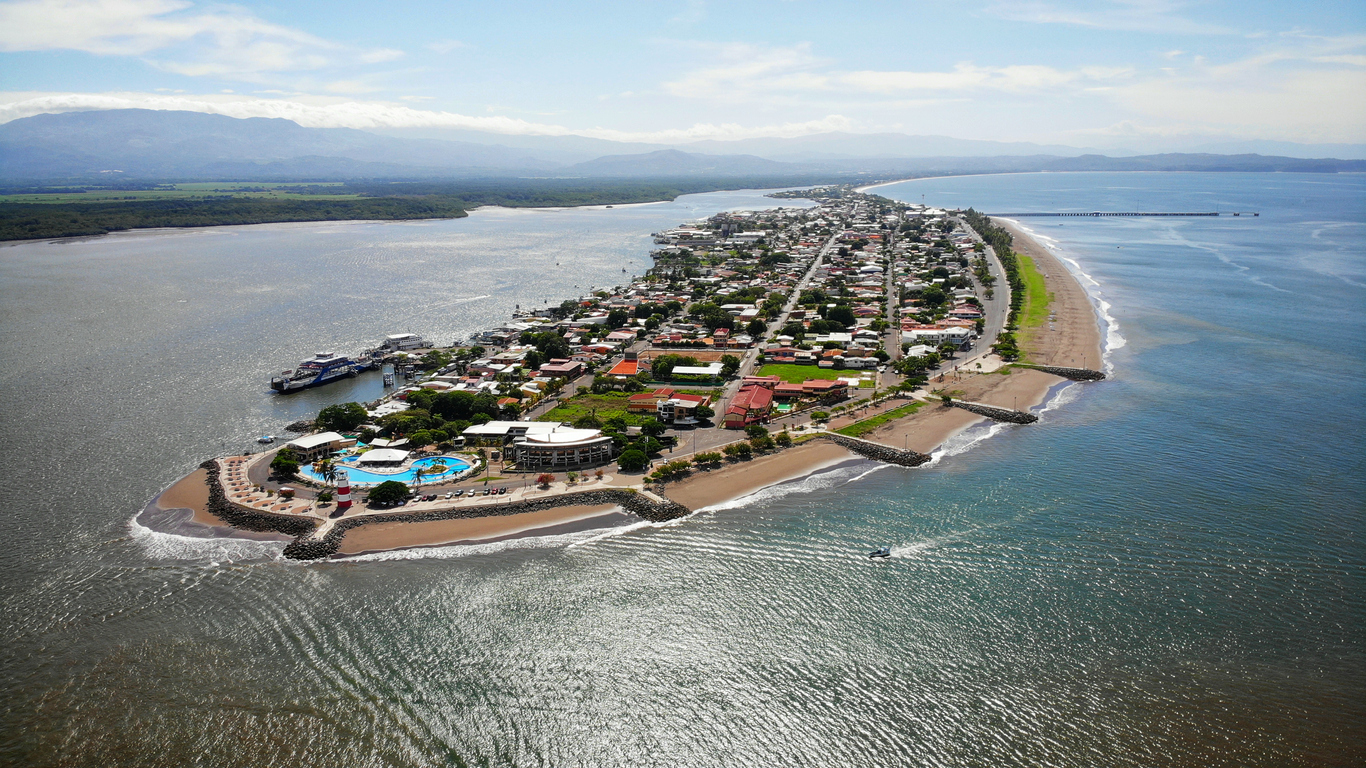Where does the word “tico or tica” come from?

Costa Ricans (Ticos) are always gentle, spirited, friendly, educated, polite, and kind people. Always ready to lend a hand to visitors from other countries and treat them well. In Costa Rica you can expect to be made welcome wherever you go. A notable idiosyncrasy here is creating diminutives with -ico instead of -ito (e.g., un poquitico)—hence the words Tico and Tica to describe Costa Rican men and women. Ticos are said to have an odd way of pronouncing the R at the beginning of a word, as in Rica—the R is never rolled or trilled. All in all, rest assured that if your español is not buenísimo, most Costa Ricans will speak slow, proper Spanish to you.

Some Typical Tico Words & Phrases:
- Ahora, ahorita: Literally means now, right now but for ticos it is later, in a few hours.
- Birra: Slang for beer
- Boca: Literally means «mouth,» but also a term to describe a small appetizer served alongside a drink at many bars
- Bomba: Translates literally as «pump,» but is used in Costa Rica for «gas station»
- Brete: Work, or job
- Buena nota: Right on, nice person, sometimes used instead of thank you.
- Casado: Traditional lunch with meat, rice, beans, salad (literally “married,” suggesting this is the kind of lunch a married man brings to work)
- Chapa: Derogatory way to call someone stupid or clumsy
- Chepe: Slang term for the capital city, San José
- Choza: Slang for house or home. Also called chante
- Chunche: Knickknack; thing, device.
- Cien metros: 100 meters, or one block
- Con gusto, Con mucho gusto: You’re welcome, with pleasure (usually it comes after gracias – Thank you)
- De hoy en ocho: In 1 week’s time
- Diay!!: An untranslatable but common linguistic punctuation, often used to begin a sentence. Can mean “Gosh,” “Well,” or “Wow.”, What happened? So?
- Estar de chicha: To be angry, not in the mood
- Fria: Literally «cold,» but used to mean a cold beer—una fria, por favor
- Fut: Short for fútbol, or soccer
- Goma: Hangover
- Harina: Literally «flour,» but used to mean money
- La sele: Short for La Selección, the Costa Rican national soccer team
- Limpio: Literally means «clean,» but is the local term for being broke, or having no money
- Macha or machita: A blond woman
- Mae: Translates like «man» or «dude»; used by many Costa Ricans, particularly teenagers, as frequent verbal punctuation
- Maje: A lot like mae, above, but with a slightly derogatory connotation
- Mala nota: Bummer, bad person, bad vibes
- Mala pata: Bad luck
- Mejenga: An informal, or pickup, soccer game
- Pachanga or pelón: Both terms are used to signify a big party or gathering.
- Ponga la maría, por favor: This is how you ask taxi drivers to turn on the meter.
- Pulpería: The Costa Rican version of the «corner store» or small market.
- Pura paja: Pure nonsense, trash talk, liar.
- Pura vida!: Literally, «pure life»; translates as «everything’s great.»
- Qué torta!: What a mess! what a screw-up!
- Si Dios quiere: God willing; you’ll hear Ticos say this all the time.
- Soda: A casual diner-style restaurant serving cheap Tico meals
- Tico: Costa Rican
- Tiquicia: means Costa Rica
- Tuanis: Most excellent, cool, great (derived from too nice)
- Una teja: 100 colones
- Un rojo: 1,000 colones
- Un tucán: 5,000 colones
- Upe!: Common shout to find out if anyone is home; used frequently since doorbells are so scarce.
- Zarpe: Last drink of the night, or «one more for the road»

https://www.frommers.com/destinations/costa-rica/in-depth/language
